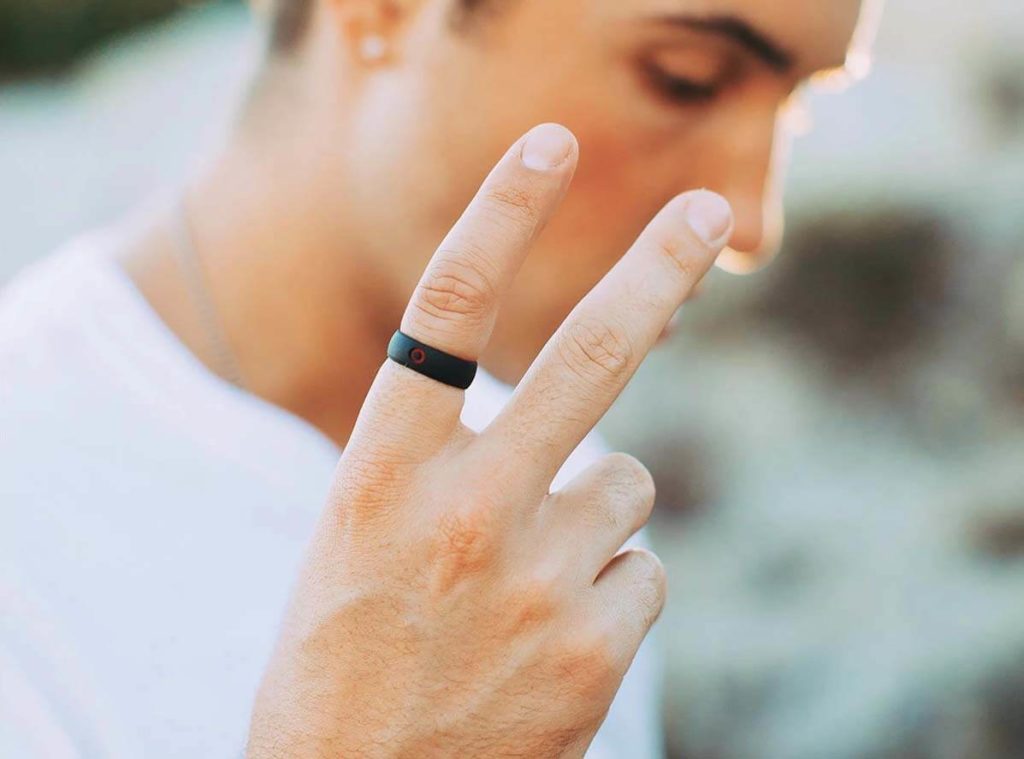First, a caveat: no one thinks you need to dump your existing ring, or rings, simply because they’re made from a rigid material. That said, if you work or play in places that put your hands in harm’s way, it might be time to consider a more modern option when it comes to your jewelry. Silicone rings have long enjoyed popularity for their unique design potential and affordability, but many people are gravitating toward this contemporary alternative for a more pressing reason altogether: safety.

What They Can’t Do
Any worthwhile comparison requires a fair look at the competition, and it’s important to note that while silicone rings are safer to wear in many circumstances, they do have their limitations. A few things to consider:
- Silicone options are not likely to offer the type of aesthetics or the same level of customization in terms of creating certain shapes or styles. They’re also going to limit the potential for adding stones or similar customization.
- These types of rings simply do not offer the same manner of durability, one attribute that will also be evident when it comes to pricing.
- Last and, for many, definitely not least: silicone is anything but traditional. For those who value the passage of family jewelry down through the generations, this might not represent the ideal material.
What Makes Silicone Rings Different
From a practical standpoint, metal just doesn’t make a lot of sense for many active types or working professionals. For starters, many individuals have skin that is sensitive to particular types of metals, creating the possibility of irritation or allergic reactions—never mind the discomfort or danger posed by swollen fingers in metal rings. Conversely, silicone is naturally hypoallergenic, one of the foremost reasons it is commonly used in everything from cookware to medical equipment.
Healthcare workers are among those in many professions that can benefit from silicone jewelry alternatives. They are inherently more flexible than metal and do not conduct heat or electricity, making them ideal for mechanics, technicians and those who work in factory or industrial settings. Furthermore, a metal ring that catches on a machine component or dangerous surface threatens to come off—and possibly take a finger with it.
It should be noted that silicone does not simply produce cheap novelties. This is a material that holds up against extreme temperatures, with stable, nonreactive properties. With proper care and a little luck, these types of rings can hold up just about as long as those made from any other material. Should the unfortunate occur, however, the cost of replacement is likely to be much more palatable in silicone’s case.
What is Right For You?
Ultimately, the type of ring you choose will boil down to a variety of factors. You’ll have to weigh the importance of traditional value versus practical, and the need for safety and nonreactivity. Many people prefer wearing silicone rings when on the job or otherwise functioning in environments where greater injury risk exists, then switching back to a more classical option in more comfortable settings. Fortunately, silicone’s versatile quality creates one choice that is very affordable, and nothing if not flexible.